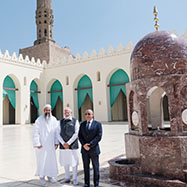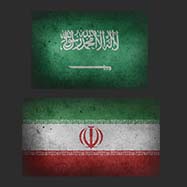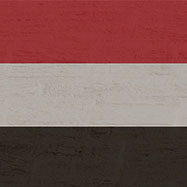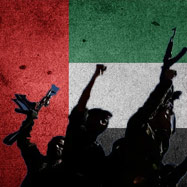India’s Relationship With The Gulf Cooperation Council: Need To Look Beyond Business
India-GCC relationship is growing stronger by the day as both realise the potential and importance of each other. Trade and commerce is the most important pillar of the India-GCC relationship. Success of high volume of trade and commerce between India and GCC revolves around a high degree of trade and economic complementarity as both caters to each other's economic demands.
- Published: 2014

















